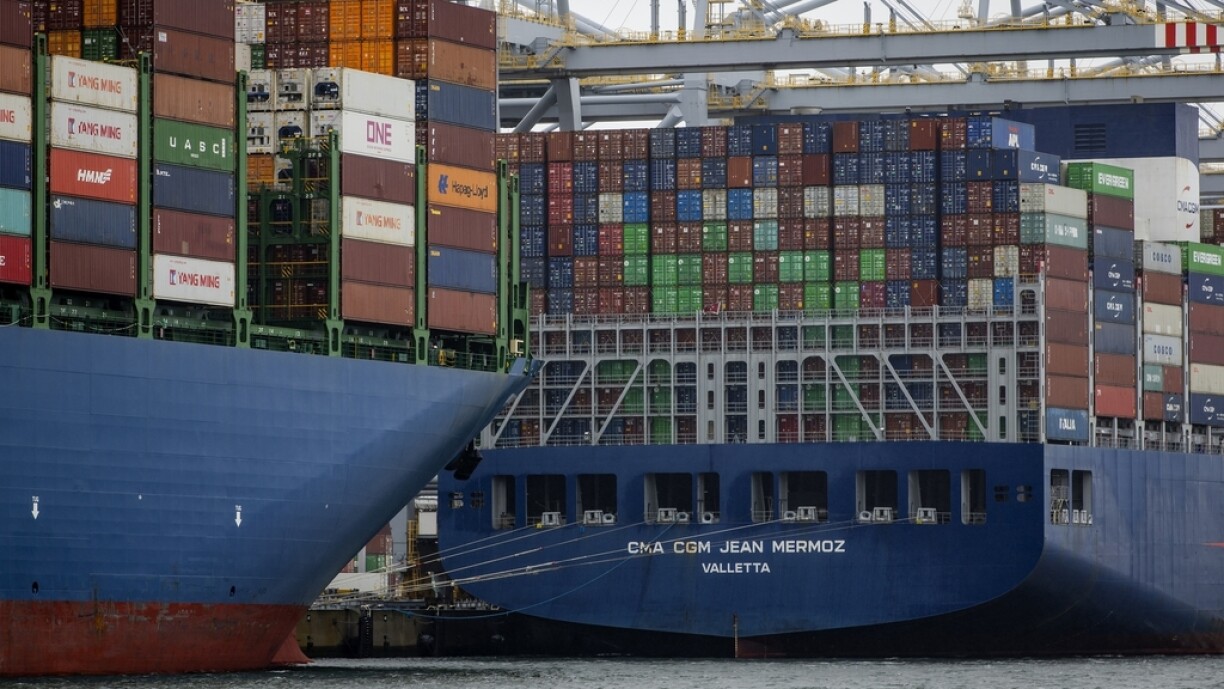
A new joint report by Europol and the ports of Rotterdam, Hamburg/Bremerhaven and Antwerp looks at the role the ports play in the free circulation of people and goods for the European economy, but also the underlying risks of criminal activity.
Over 90 million shipping containers pass through the European ports each year. While most of the trade that takes place on this route is legal, the ports are also used for the transport of illegal goods. Due to the sheer volume of containers, only 2 to 10 percent of them can be physically checked by port staff.
According to Europol, criminal networks use the relatively low check rate to infiltrate strengthened European ports. It is common for criminal organisations to work with corrupt staff belonging to the ports, logistics and shipping companies, in order to obtain data on which shipping containers are least likely to be inspected. Other employees such as people who load the goods, crane drivers, policemen and security guards are often bribed by gangs, with sums reaching hundreds of thousands of euros.
One method which is becoming more frequent for smuggling illegal goods is the so-called “pin code fraud”. Every shipping container is marked with an individual code. When the container arrives at its destination and has been paid for, the code is unlocked and the container is permitted to be removed from the port. Criminals take advantage of this procedure by bribing logistics employees to provide them with the code for the container in which their illegal goods - often drugs - are located. Using the code, the gangs can collect the container from the port and unload the drugs elsewhere.
Dutch police noticed this method in Rotterdam in 2018. Europol estimates that over 200 tonnes of cocaine have since been smuggled into the EU via Rotterdam and Antwerp using this method.
In the report, Europol tackled the question of how to prevent the smuggling of illegal goods. As a first step, it recommended only issuing sensitive information, such as identification codes, to an absolute minimal amount of people, whilst keeping a record of who can access sensitive data. This would enable authorities to detect irregularities quickly and uncover organised smuggling schemes.
However, Europol warned that stricter security measures in the big ports could lead to criminal networks simply shifting their activities to smaller ports. In order to act effectively against smuggling, Europe-wide common security measures for ports would be required, as well as good cooperation between the operators of the ports, the police and the prosecutor’s offices across multiple countries, and the private companies from the sector.